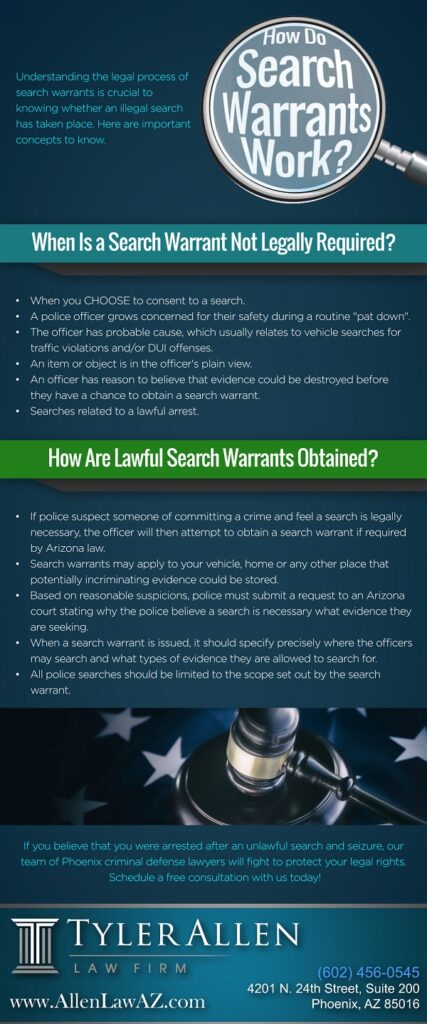In the realm of law enforcement, warrants play a pivotal role in safeguarding individual rights while enabling investigations. A warrant is essentially a legal document that grants law enforcement officers the authority to conduct searches or seizures. While these warrants are designed to ensure due process and protect against unreasonable intrusions, it’s crucial to understand their intricacies and limitations. This article delves into the world of warrants, exploring their purpose, requirements, and the boundaries within which they operate.
This comprehensive guide will navigate you through the essential aspects of warrants, starting with a fundamental definition and progressing to the concept of probable cause. We’ll examine the legal framework governing search and seizure, delve into the complexities of warrantless searches, and highlight the crucial role of individual rights protection. By the end of this exploration, you’ll possess a deeper understanding of warrants and their significance in the legal landscape.
What Is a Warrant?
A warrant is a formal order issued by a judge authorizing law enforcement officers to conduct a specific search or seizure. It acts as a legal instrument that empowers officers to intrude upon an individual’s privacy or property rights, but only under carefully defined circumstances. Warrants are typically based on probable cause, meaning there must be sufficient evidence to believe that a crime has been committed and that the search or seizure will uncover relevant evidence.
The warrant itself outlines the scope of the authorized action, specifying the location to be searched, the items to be seized, and the time frame within which the search can be conducted. This specificity is crucial for ensuring that law enforcement actions are limited to the permissible bounds outlined by the warrant. Failure to comply with the warrant’s terms can result in legal consequences for officers who conduct an unlawful search or seizure.
Probable Cause and Warrants

Probable cause is a cornerstone of the warrant process, serving as the legal justification for authorizing a search or seizure. It represents a reasonable belief, based on articulable facts and circumstances, that a crime has been committed and that evidence related to that crime will be found at the specified location. Law enforcement officers must present sufficient evidence to convince a judge that probable cause exists before a warrant can be issued.
The standard of probable cause is not absolute certainty but rather a lower threshold requiring a reasonable suspicion supported by facts. Judges carefully evaluate the presented evidence, considering factors such as witness statements, physical evidence, and expert opinions. If the judge finds that probable cause exists, they will issue a warrant authorizing the search or seizure.
Search and Seizure Laws
The Fourth Amendment of the U.S. Constitution safeguards individuals from unreasonable searches and seizures. This fundamental right recognizes the importance of privacy and personal autonomy. The Fourth Amendment mandates that warrants must be supported by probable cause and particularly describe the place to be searched and the things to be seized.
These legal principles are further elaborated upon in various court rulings and statutes, establishing a framework for lawful search and seizure practices. Law enforcement agencies are bound by these laws, and any violation of an individual’s Fourth Amendment rights can result in the suppression of evidence obtained through unlawful means.
Warrantless Searches

While warrants are generally required for searches and seizures, there are certain exceptions to this rule. These warrantless searches are permissible under specific circumstances outlined by law. One such exception is the “exigent circumstances” doctrine, which allows officers to conduct a search without a warrant if they believe there is an immediate threat to life or safety.
Another exception is the “plain view” doctrine, which permits officers to seize evidence that is in plain sight during a lawful encounter. Additionally, consent searches, where an individual voluntarily grants permission for a search, are also permissible without a warrant. It’s important to note that these exceptions are narrowly construed and must be justified by specific legal grounds.
Individual Rights Protection
Protecting individual rights is paramount in the context of warrants and searches. The Fourth Amendment guarantees individuals the right to be free from unreasonable intrusions into their privacy and property. This right is essential for safeguarding personal autonomy and ensuring a just society.
Individuals have several avenues for protecting their rights, including challenging unlawful searches and seizures in court, filing complaints with law enforcement agencies, and seeking legal counsel. It’s crucial for individuals to understand their rights and be aware of the legal procedures available to them when facing potential violations of their Fourth Amendment protections.
Conclusion
Warrants play a vital role in balancing law enforcement needs with individual rights. Understanding the intricacies of warrants, probable cause, search and seizure laws, and exceptions to warrant requirements is essential for navigating this complex legal landscape. By upholding these principles, we can ensure that law enforcement actions are conducted within the bounds of the law while safeguarding the fundamental rights of all individuals.



